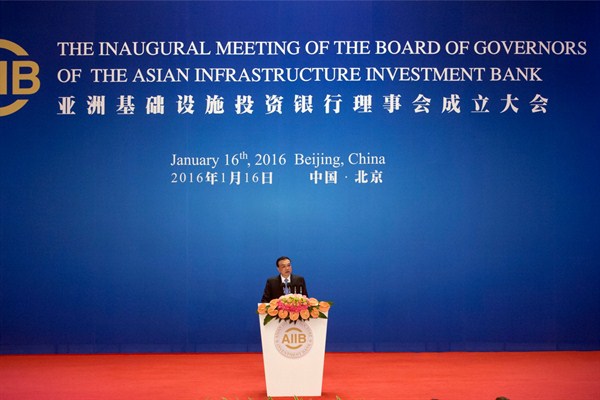Editor’s note: This article is one of three briefings on China’s rise and its implications for U.S. regional and global interests, coinciding with an upcoming panel, in collaboration with WPR, at the St. Petersburg Conference on World Affairs on Feb. 17-19 in St. Petersburg, Florida. The second, on China's naval modernization, will appear Wednesday; the third, on China's cyber strategy, will appear Friday.
Over the course of the past decade, China has been steadily laying the foundation of an international financial and monetary system centered on the yuan. While progress was initially slow, it picked up considerable steam in the past two years. That was until last summer, when these ambitious efforts began hitting speed bumps, with the Chinese stock market’s crash in June followed by a surprise currency devaluation and lingering concerns about substantial capital outflows. If China can regain its economic footing, which is an open question, it may still realize its ambitions in the next decade. Such a development would not just empower Beijing. It would diminish both the dollar’s centrality in the global economy and American power.
If the United States is the “indispensable nation,” as former U.S. Secretary of State Madeleine Albright once said, then the dollar is the global economy’s indispensable currency. The greenback is at the center of world trade, investment, debt markets and foreign currency exchange.

